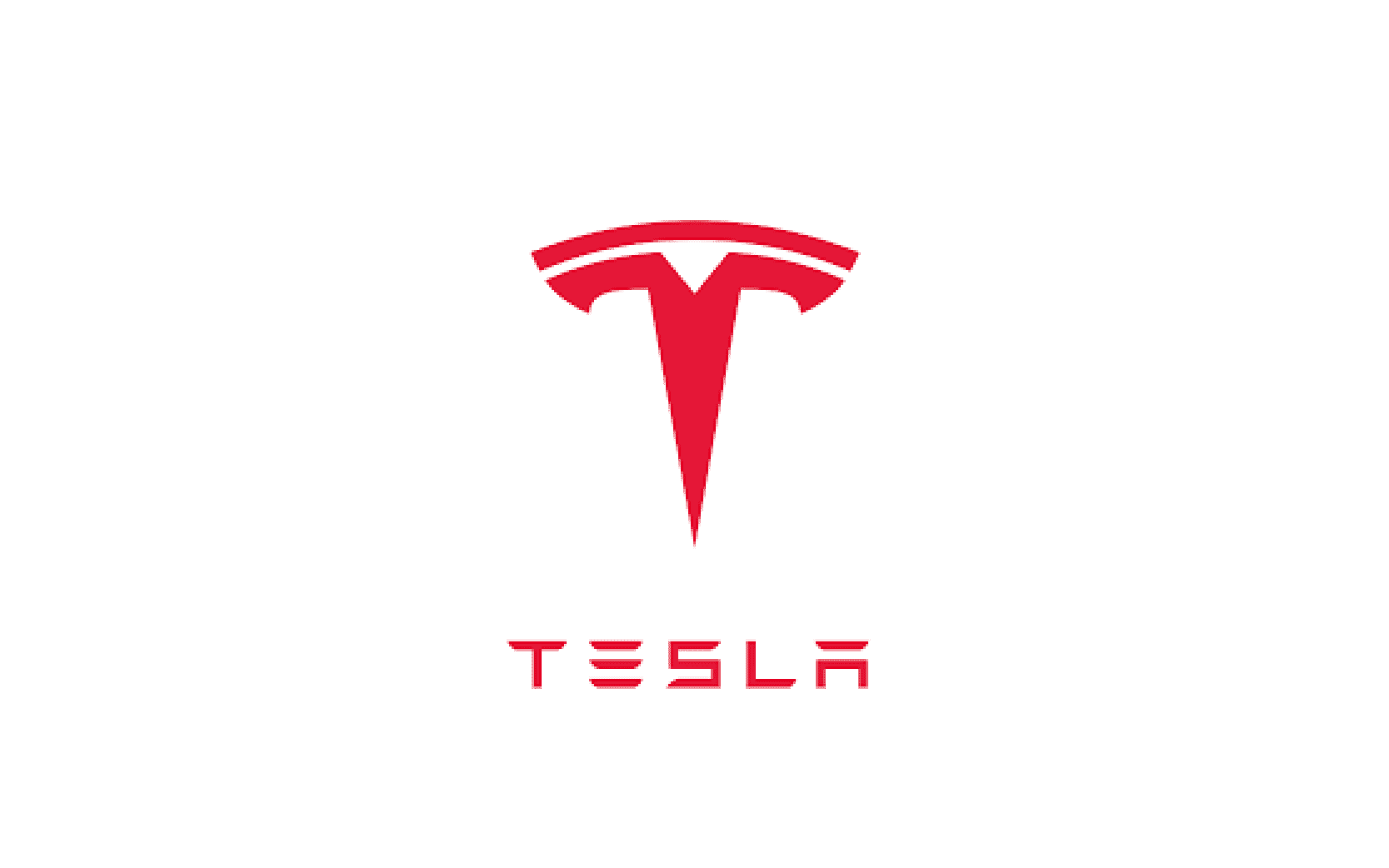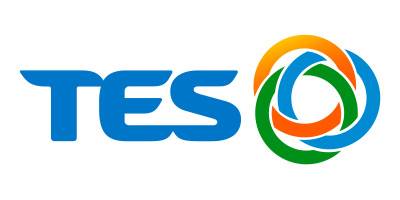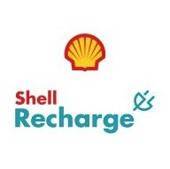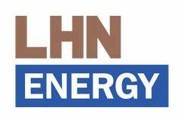
EV CHARGING SOLUTIONS
Energising Our World
is what we do

Energising Our World
is what we do
At KED Energy Pte. Ltd., we keep the energy flowing. We empower our clients, residential or commercial, by integrating and bridging energy and electrical solutions sustainably. We are your partner for connectivity, reliability and sustainability.
Net Zero Carbon
can be a reality

Decarbonisation is the future. We stand in support of the Singapore Green Plan 2030. We will make our nation EV-ready.
The Right Solution
for All Your EV
Charging Needs
KED Energy Pte. Ltd offers a range of chargers as well as one-stop services in design, installation, operation and maintenance for all your EV charging needs. Choose from our full suite of the best EV chargers in Singapore and enjoy a seamless and easy charging experience with our services.
Our Clients























Frequently Asked Questions
An EV charger, like any other charger, is a device that connects to a power source to recharge the batteries of an electric vehicle (EV). It is also known as Electrical Vehicle Supply Equipment (EVSE) since it enables the safe and efficient transfer of electricity from the local grid to the EV via a dedicated circuit. Some of these EV charging stations are simple, while others have advanced features such as smart metering, network connectivity and cellular capability.
In general, an electric vehicle can be charged using either alternating current (AC) or direct current (DC). DC chargers offer rapid charging, whereas AC chargers can provide both slow and fast charging options. As a result, there are three types of EV charging, which are classified as follows.
- Level 1 (Slow Charging)
- Level 2 (Fast Charging)
- Level 3 (Rapid Charging)
An electric vehicle can be charged at home or at public charging stations. Their charging times can vary from within an hour to half a day. The charging speed of an EV can be influenced by various factors such as,
- The capacity of the battery, as larger batteries take longer to charge.
- The battery status which is commonly known as the state of charge (SOC). Charging an empty battery takes longer than a half-full battery.
- The weather, as charging takes longer in cold temperatures.
- The maximum charging rate of the vehicle.
- The maximum charging output of the charge point.
Standard charging, also known as AC charging, happens when the charging station supplies AC electricity to the EV, and the vehicle uses an ‘onboard charger’ to convert the AC power to DC power. During fast charging or DC charging, the charge station converts AC power into DC power, which is then directly provided to the vehicle’s battery. This entire process is controlled and managed by the battery management system of an EV.
Electric vehicles operate on electric power instead of traditional internal combustion engines that run on gasoline or diesel. The basic working principle of electric cars involves converting electrical energy stored in batteries into mechanical energy to propel the vehicle. As a result, they operate without generating harmful exhaust emissions and less noise pollution. The technology continues to evolve, with ongoing advancements in battery technology, charging infrastructure, and electric motor efficiency.
Your frequency of charging an EV should be determined by how often you use it and your daily mileage. As the majority of EVs can travel a few hundred kilometres on a single full charge, you should be good for a few days unless you travel long distances. Make sure not to charge your EV for an extended period of time, as it can shorten the life of the battery.
If you have a long commute or go on road trips often, fully charging your vehicle is beneficial. It allows you to travel to your destination without any difficulty. However, if you only take short trips and have access to charging both at home and at work, charging at a lower state can help extend your battery life. It is best to keep the battery state between 20 and 80%.
